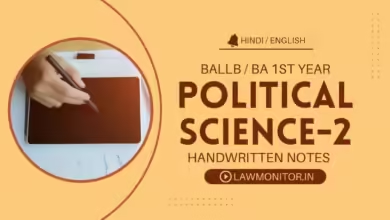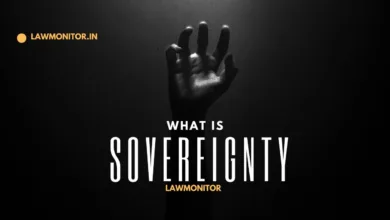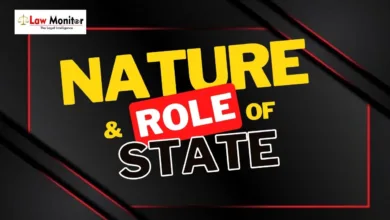MEANING AND TYPES OF POWER (Part 1)- Judiciary Notes

In this article, we will attempt to understand three concepts- power, authority, and legitimacy and their relevance and implications regarding the role of government in society and its relations with subjects i.e. people.
What Is Power?
Power is a psycho-political phenomenon. In a simple sense, it is the capacity of the person/group/institution to affect /change/modify the behaviour of other person/group/institution. In this sense, it is the capacity to influence the behaviour of others.
What are the types of power?
As we have seenEarlier power is the capacity of the person toimpose its will on others. Problem of identifying the location of power lies in judgment of the capacity of such person. Such capacity depends upon two things.
- Firstly, presence of potential elements such as money, military, social status, numerical strength, territory, natural resources, quality of human resource etc., provide necessary inputs Which form the base of power.
- Secondly, the capability of the actor to use such resources i.e. leadership, decision making, Negotiation, propaganda and diplomacy.
TYPES OF POWER BASED ON RESOURCES
- Economic Power (Money): Those who control significant financial assets can influence markets, investments, and economic policies.
- Military Power: Nations or entities with formidable military strength can influence geopolitics, deter adversaries, and shape international affairs.
- Social Status and Influence: Arises from social prestige, reputation, and networks within a society. Significance: Individuals or groups with high social status wield influence, shape opinions, and access exclusive opportunities.
- Numerical Strength (Population): Large populations can translate into political influence, workforce advantages, and consumer markets.
- Territorial Power: States or entities with vast territories often possess resources, influence borders, and have geopolitical significance.
- Control of Natural Resources: Based on ownership or access to valuable natural resources like oil, minerals, or fertile land.Significance: Control over resources impacts economic prosperity, trade, and geopolitical leverage.
- Quality of Human Resources (Human Capital): Relates to the skills, education, talents, and productivity of a workforce or population. Significance: Nations or organizations with highly skilled or innovative human resources can drive economic growth, innovation, and competitiveness.
Types of power based on the capacity to use resources:
1.Leadership, Strong and resourceful leader can turn the course of the situation in its favour any time with his leadership qualities. A Leader guides, motivates, channalise the organization.
2.Decision making, right decisions at right time save resources and energy and give victory to the nations/organization.
3.Negotiation, It is some time that wars are fought on the ground but are won or defeated on the negotiation table. Thus skilful negotiation can change the course of history at any moment.
4.Propaganda, it helps to mould the mind of the people or adversaries and to create the favourable environment before the actual negotiation, war begins. Thus propaganda through mass media is majoritary applied in modern contests be it war or elections. Thus control over media is a key to hold power in modern days.
What is Authority?
The word authority is derived from the Latin words; ‘auctor’ and ‘auctoritas’. Read More Here
| Daily current affairs Updates | Click Here |
| Law Notes Free Channel | Click Here |



